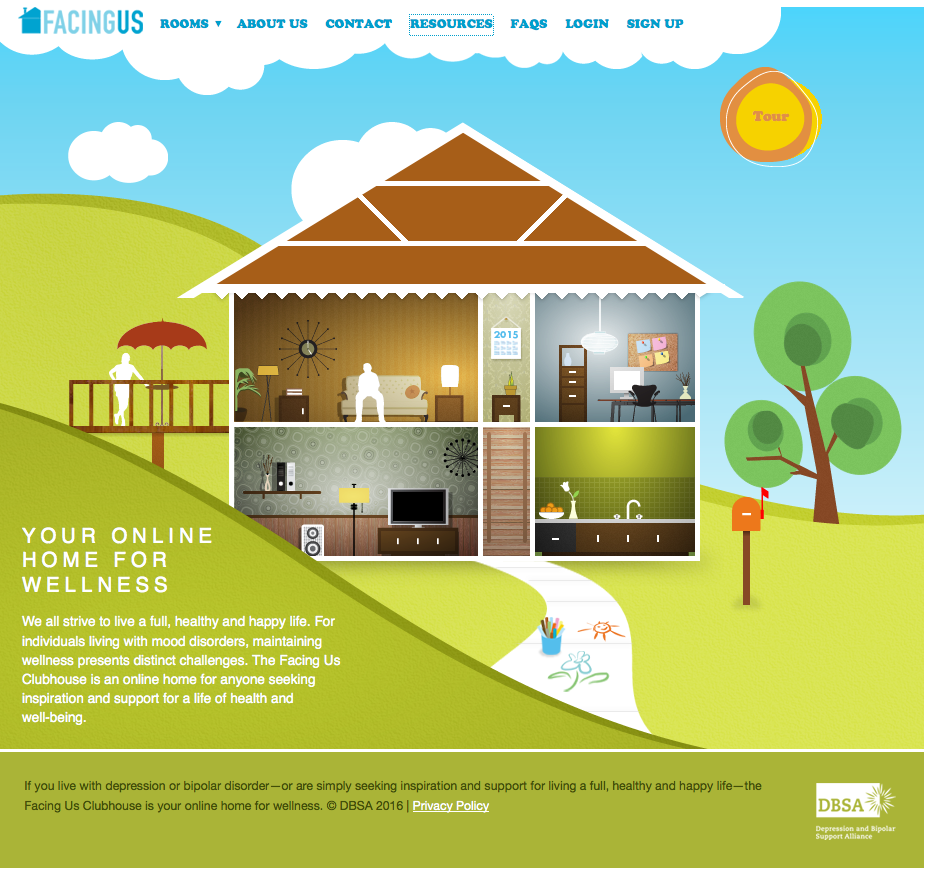
Tom Lane, Certified Recovery Support Specialist
Much has been written about patient-centered care. Proof that this model is gaining acceptance is the evolution to shared decision making (SDM). The National Learning Consortium defines SDM as a “process in which clinicians and patients work together to make decisions and select tests, treatments and care plans based on clinical evidence that balances risks and expected outcomes with patient preferences and values.”
In a recent CFYM post John Williams, M.D., writes that there are several tools that clinicians can use to step through the shared decision making process. Dr. Williams opines that when there are many different treatment options, SDM takes on added importance. As a result, a major step in the SDM process must be for clinicians to understand the desired outcomes of their patients.












Connect With Us